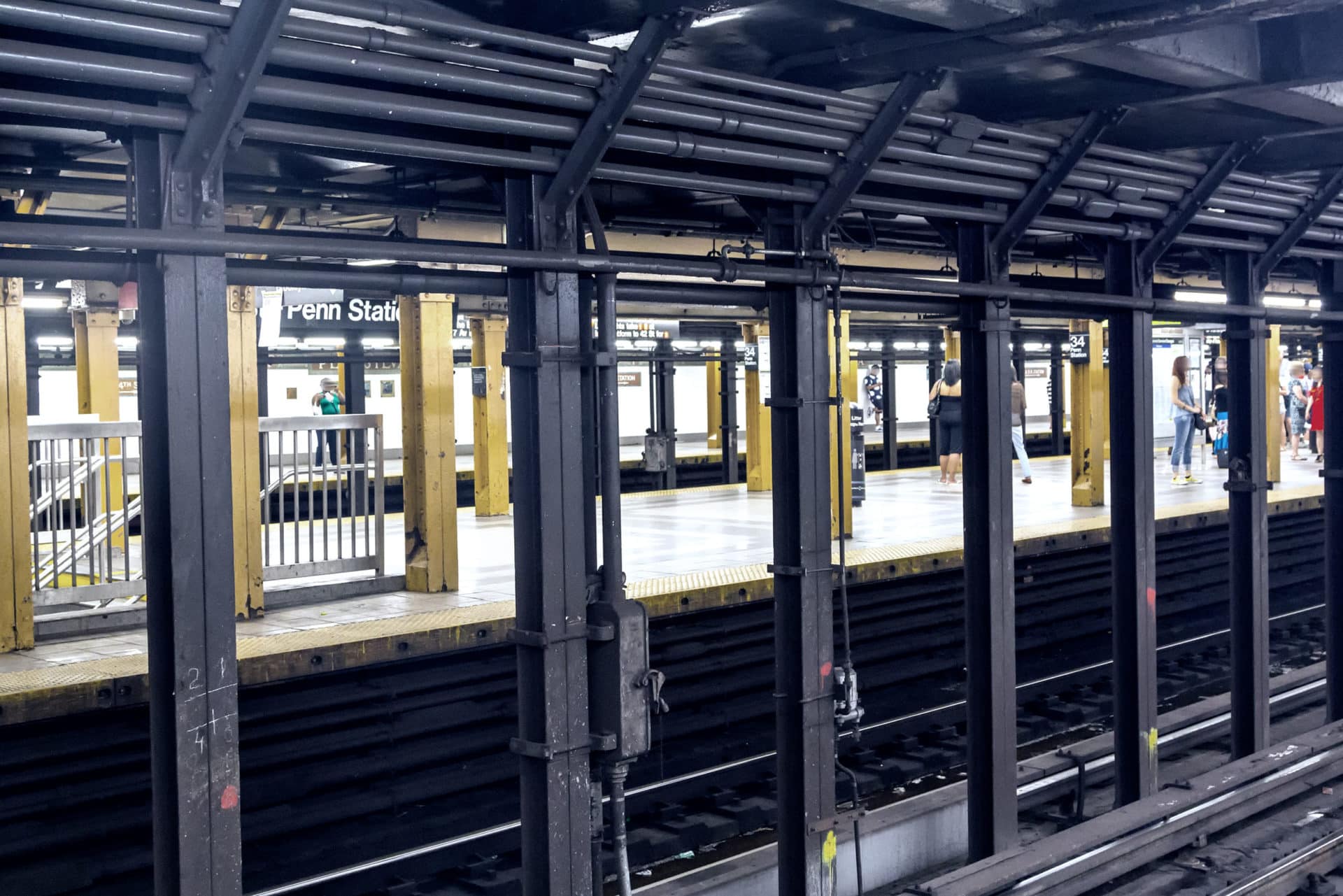Free Consultation
Free Consultation

When you use public transit in New York, you entrust your safety to MTA operators. However, a recent audit suggests that the MTA may not be as safe as it seems – and that the MTA could be held liable for more injuries.
The report gave a failing grade for the training of MTA subway operators and conductors. The audit found that the MTA did not provide sufficient training for new operators. Additionally, it revealed that refresher training for older employees was also lacking.
Many drivers had not passed essential testing at the end of initial training. Even more shocking, more than half of MTA drivers didn’t pass the test administered at the end of refresher training. Moreover, training failures were linked to poor job performance and safety events in MTA operators. The audit also identified that the MTA failed to send operators in for required medical assessments on time.
A similar audit of the Staten Island Railway (SIR) revealed that operators there are not sufficiently trained either, and that monitoring for medical fitness was insufficient. The training files for employees were often incomplete, with missing or ungraded exams. Further, the SIR was not compliant in ensuring medical fitness for duty in new operators. Nor did were they complicit in continued medical monitoring of existing operators.
Bottom line? If you get hurt in an MTA or SIR accident, there’s a good reason to suspect negligence and file a claim for compensation. Just be prepared for a fight.
If you are injured while on public transit, such as a bus, train or subway, you may be able to make a claim against the MTA. However, lawsuits against public transit are notoriously complex.
Personal injury cases are typically based on negligence. So, the plaintiff must prove that the defendant was negligent in order to be awarded damages. However, under common carrier laws, public transit operators owe their passengers a greater duty of care than other motorists. These laws are put in place in order to ensure that passengers are provided with a safe means of transportation.
However, it is still essential to prove negligence in MTA injury lawsuits. For example, stepping directly in front of a moving bus or train would result in an injury that was unavoidable for the operator, and was negligent on the part of the victim. On the other end of the spectrum, if an MTA bus runs a red light and hits a pedestrian crossing the street legally, the driver is likely at fault.
Because the MTA has failed to provide sufficient operator training and monitoring for subway and train drivers, proving negligence in these cases may be easier. For example, if a poorly trained operator pulls the emergency brake and a passenger falls and is injured, the MTA may be held liable for the injury. Better operator training could have prevented the accident.
In order to bring a claim against a public transit company, you must file a written notice of claim with the MTA or NYCTA within 90 days of your accident. If you don’t file a timely notice of claim, you must obtain judicial permission to file a late claim. However, if you do neither, then you will be unable to hold the MTA or NYCTA liable for your injuries.
Although it’s important to act quickly, you must also be prudent in how the claim is filed. For example, the wording of the claim must explain exactly what happened and document the MTA’s liability. You must also provide certain documentations of your injuries. You will also need to be aware of the complex insurance issues surrounding public transit in New York.
A personal injury attorney can help you navigate the complexities of filing a claim against public transit. If you’ve been injured, your most important priority is to recover from your injuries. A personal injury lawyer can help you to get the compensation you deserve, protecting your family’s financial future while holding the responsible parties accountable. Contact us for a free consultation. (800) 762-9300